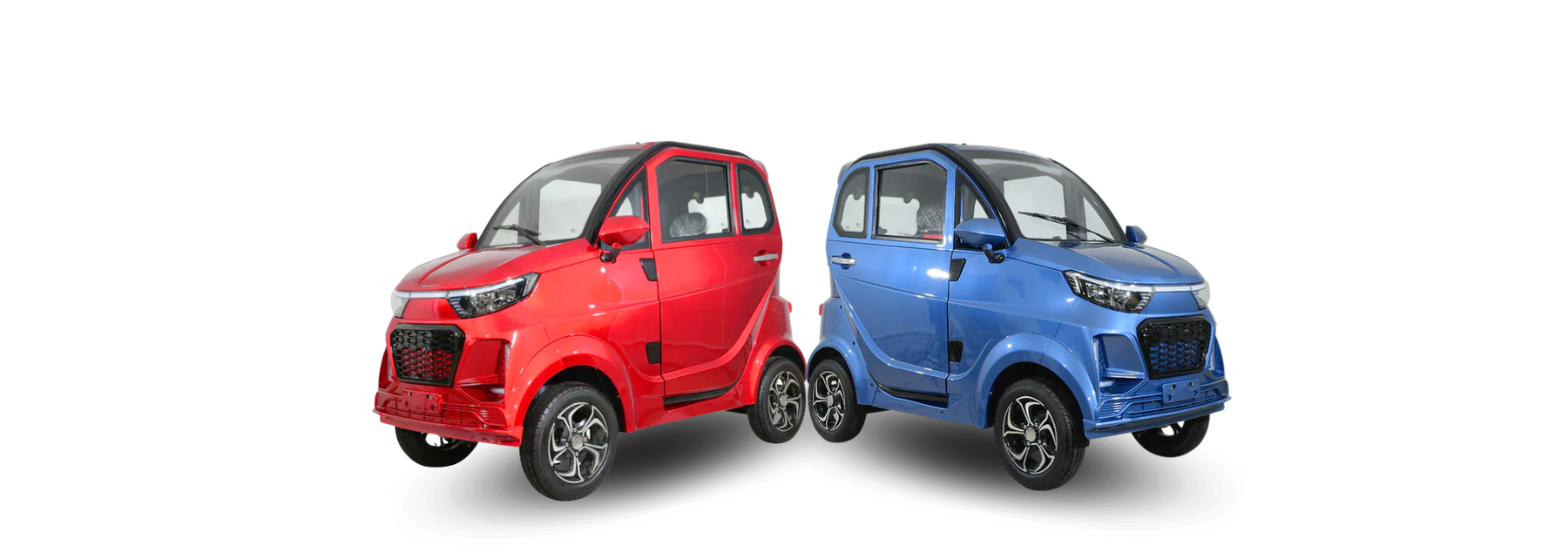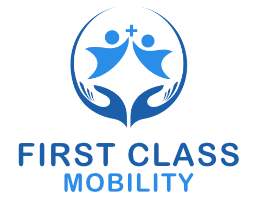

Are Enclosed Mobility Scooters Street Legal? A Practical Guide
Enclosed mobility scooters, also known as cabin scooters or mobility pods, have become increasingly popular for their ability to shield users from the elements while offering improved visibility and enhanced safety features. For those with mobility challenges, these scooters are a practical option for staying mobile in adverse weather conditions. But when it comes to their legal status, things can get a little complicated, especially since the rules can vary depending on where you are.
How Are Enclosed Mobility Scooters Classified?
At the federal level in the United States, enclosed mobility scooters are generally treated the same as standard mobility scooters. The Americans with Disabilities Act (ADA) recognizes them as assistive devices, meaning they enjoy certain legal protections, just like other mobility aids. This allows users to access public spaces without facing the kinds of restrictions typically applied to motor vehicles.
Enclosed mobility scooters often have higher speeds and more advanced features like lights and turn signals, which can lead to stricter regulations. In some areas, enclosed scooters may need to be registered for road use, meet specific safety standards, or require liability insurance. Users need to check their local laws, as these legal distinctions can vary by region.
What Legal Requirements Should You Know About?
If you're thinking of using an enclosed mobility scooter in the United States, it's important to be aware of some key legal requirements. These factors will help ensure you're using your scooter safely and within the law.
Speed Limits: The speed of a mobility scooter can vary depending on the type of scooter and local regulations. Basic models typically top out at 3 mph, while travel scooters generally reach 4 mph. For larger 3-wheel and 4-wheel scooters, speeds can go up to 8 mph, with fast mobility scooters capable of reaching 10 mph.
Some road-ready scooters can hit speeds as high as 18 mph. However, there isn't a uniform speed limit across the United States, so it’s crucial to check your local laws. In some areas, road-legal scooters must be able to travel at a minimum speed of 8 mph to be used on public roads.
Size Restrictions: While there isn’t a national standard for the size of mobility scooters, many states and localities impose their own size limitations. This usually involves weight and width restrictions to ensure scooters can navigate safely in public areas. It’s important to check with your state’s Department of Motor Vehicles (DMV) or local authorities to make sure your scooter meets the necessary guidelines.
Safety Features: For road use, enclosed mobility scooters are generally required to have certain safety features to ensure the safety of both the rider and others. These features often include:
- Headlights and taillights
- Turn signals with a hazard light option
- Rearview mirrors
- A working braking system
- An audible horn
These aren't just recommendations—they’re critical for safe scooter operation, particularly if you're planning to use your scooter on public roads.
To find specific information on mobility scooter laws in your area, it’s a good idea to check with your state’s DMV, the National Conference of State Legislatures (NCSL), or local disability rights organizations. They can provide guidance on what is required in your area and help ensure that your scooter is compliant with local regulations.
Can You Use Enclosed Scooters on the Road?
This is where things start to vary depending on where you are. In many places, enclosed mobility scooters are classified as Class 3 invalid carriages, which means they can be used on public roads. However, they typically aren’t allowed on interstate highways or in bus lanes.
Additionally, some jurisdictions require these scooters to be registered with the local motor vehicle department. The good news is that most areas don’t require a full driver's license to operate one, though some form of registration might still be necessary. And while insurance isn't always mandatory, it's a good idea to have liability coverage, especially if you're going to be using the scooter on the road.
Who Can Operate an Enclosed Mobility Scooter?
The rules for operating an enclosed mobility scooter can differ depending on where you are, but there are a few general guidelines to keep in mind.
Age Restrictions: Unlike other vehicles, there isn’t a federally mandated minimum age for using a mobility scooter in the United States. The age requirement, if any, varies from state to state. It's a good idea to check your local laws to see if there's a specific minimum age in your area.
Physical Requirements: While mobility scooters, including enclosed models, are often designed with people who have mobility challenges or disabilities in mind, you don’t necessarily need to have a medical condition to legally operate one. Many states allow anyone to use a mobility scooter as long as they follow the relevant local laws. These scooters are popular for providing convenience and independence, especially for those who find walking long distances difficult, but they can also be used by people seeking an alternative form of transport in certain situations.
As always, it's important to check your local regulations to ensure you're using the scooter legally and safely.
Keep in Mind: Local Laws Matter
While federal laws provide a general framework for the use of enclosed mobility scooters, local regulations can be quite different. Here are a few things that can vary by location:
- Classification: Some places might classify enclosed scooters as pedestrian devices, while others treat them more like motor vehicles. This can affect where and how you're allowed to use them.
- Usage Areas: The rules about where you can ride—whether it's on sidewalks, bike lanes, or roads—will depend on your local laws. Some areas may be more lenient, while others might have stricter regulations about where mobility scooters can be used.
Final Thoughts
In general, enclosed mobility scooters are legal to use under federal law, but the specifics can vary depending on where you live. It's important to check your local regulations to make sure you comply. And above all, always prioritize safety, both for yourself and those around you. As these scooters continue to grow in popularity, the laws surrounding them will likely evolve, so staying informed is key to safe and legal operation.
To learn more about the benefits and features of enclosed mobility scooters, visit A Guide to Enclosed Mobility Scooters.

